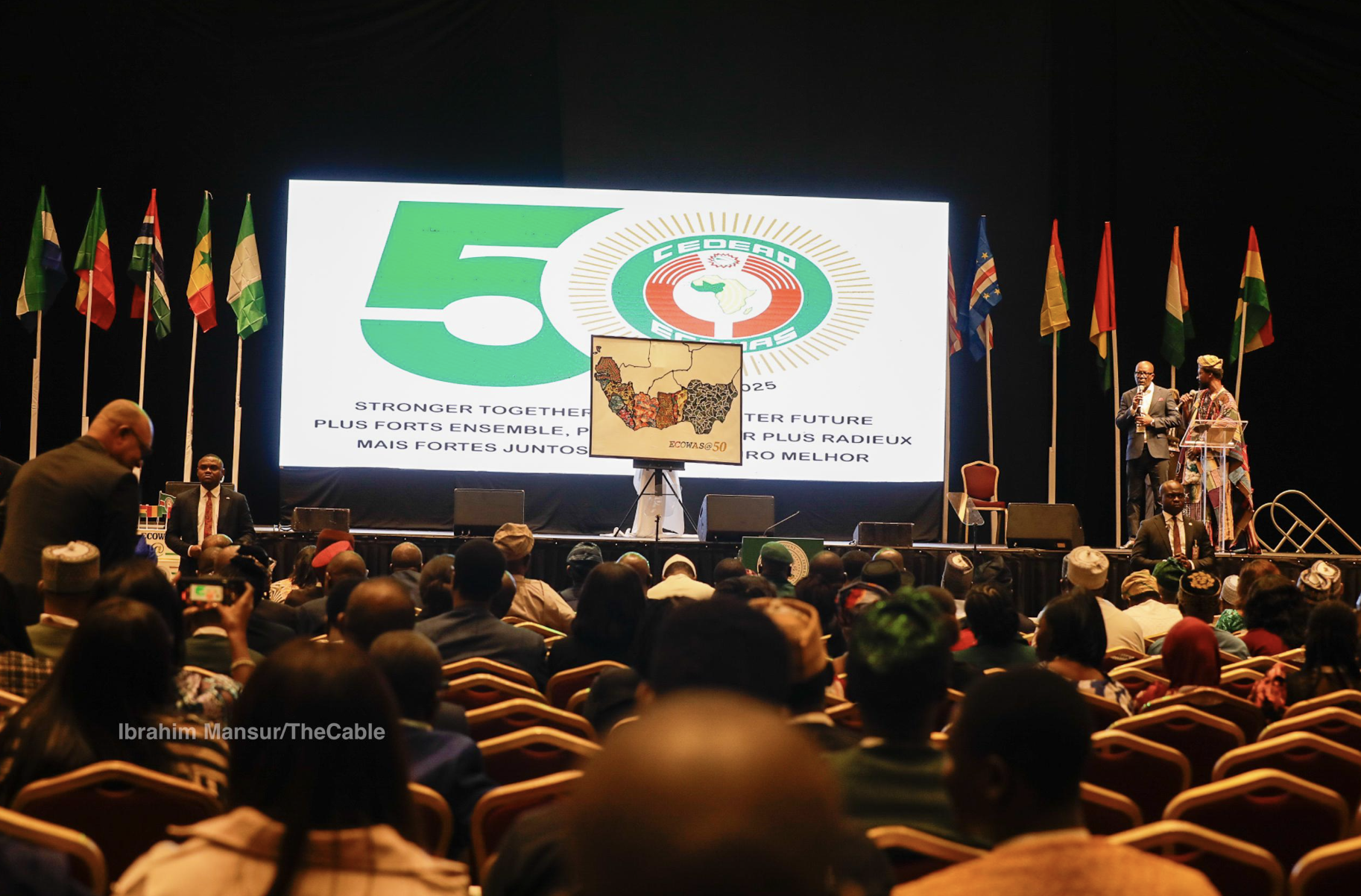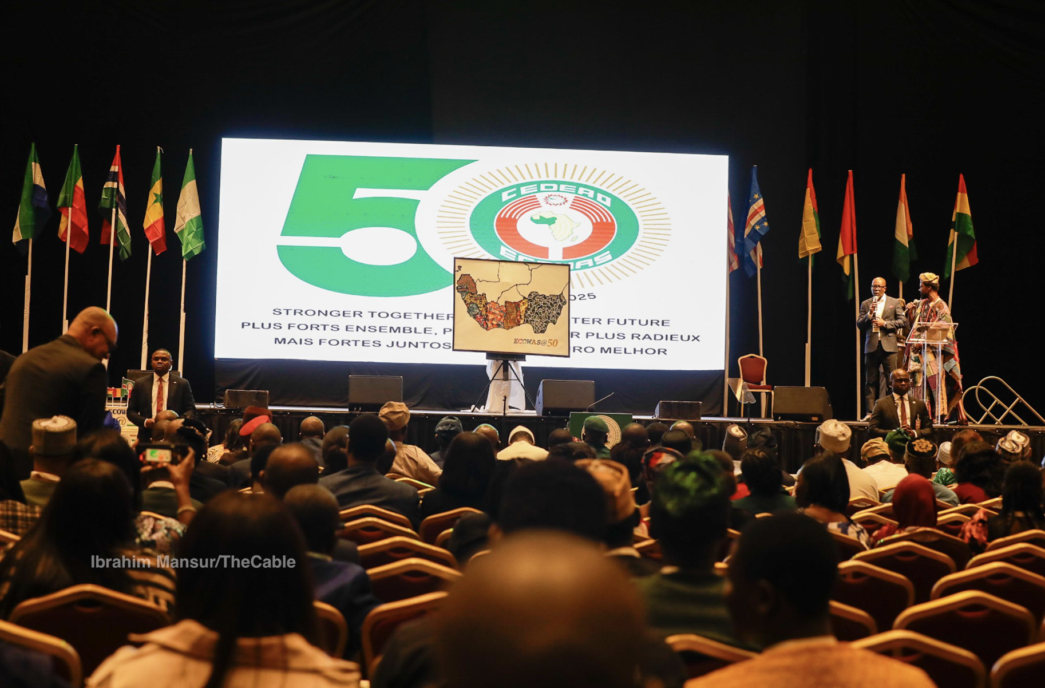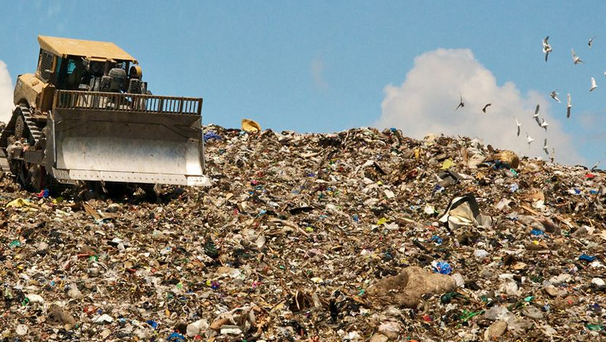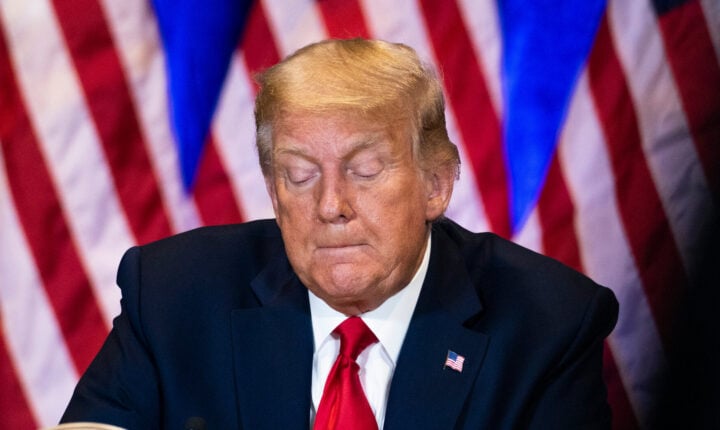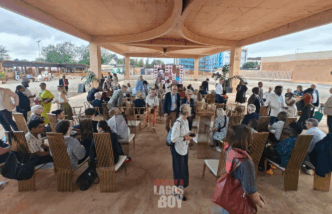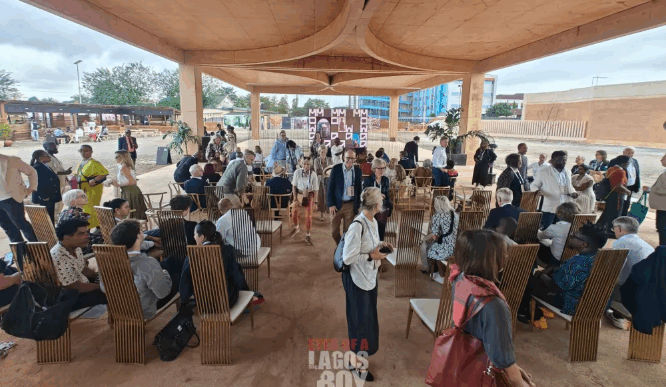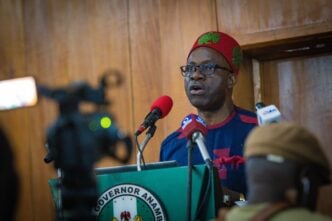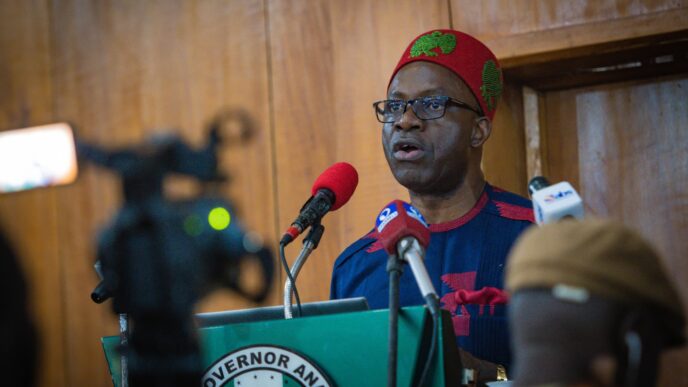BY KHADIJAH ABDULSALAM
Between when the Economic Community of West African States (ECOWAS) was formed in 1975 and when it marked its 50th anniversary a week ago, many proverbial waters have passed under the bridge.
The sub-regional bloc has evolved. It has changed. It had gone through different patches.
As I sat with experts and stakeholders who rubbed minds at the ECOWAS building in Abuja last week on the organisation’s 50 years of existence, I couldn’t help but imagine when the sub-regional body was established.
Advertisement
In the beginning, virtually every country that was signatory to its establishment was under military rule. From Nigeria to Ghana, from the Niger Republic to Burkina Faso, from the Benin Republic to Mali, and from Guinea to Sierra Leone, West Africa was under military despotism.
It must be noted that one major barrier to full regional integration in West Africa was that of language. In fact, in the whole of West Africa, only The Gambia, Ghana, Nigeria, Liberia, and Sierra Leone are English-speaking countries. Ivory Coast, Benin Republic, Guinea, Mali, Burkina Faso, Togo, Senegal, and Niger Republic are all French-speaking countries. Guinea-Bissau and Cape Verde are Portuguese-speaking countries.
One major step taken by the new regional bloc towards integration was the provision that allowed a citizen of any ECOWAS country to stay in another ECOWAS country for a period of 90 days without a visa.
Advertisement
The ’80s presented a lot of challenges for ECOWAS. It was a period, especially towards the late 80s, when the wind of democracy was blowing across the African continent. The moment reached its crescendo with the end of the Cold War, when the two powerful global power blocs, the United States of America and the USSR, did not need despotic regimes on the continent again for any proxy war.
The outbreak of civil war in Liberia and later Sierra Leone really took its toll on ECOWAS, as the sub-regional bloc had to raise a peacekeeping force for the two countries. Democracy returned fully to virtually every West African country, but in the last two years, gains recorded through civil rules have been lost again with the collapse of democratic regimes in the Republic of Niger, Burkina Faso and Mali.
There were also serious security challenges in the sub-region, with large swathes of Mali and Burkina Faso having been under Tuareg fighters. There is also the Boko Haram insurgency challenge in Nigeria’s north-east and banditry in the north-west.
These challenges of re-establishment of democratic rule across the subregion and combating insecurity were top on the agenda when the Amandla Institute for Policy and Leadership Advancement, in collaboration with the ECOWAS Commission, the Africa Leadership Centre and King’s College, London, organised a meeting of experts to mark the 50th anniversary of the organisation.
Advertisement
The gathering of the West African leadership thinkers and experts in Abuja, Nigeria, commemorating the 50th anniversary of the most enduring regional organisation in Africa must have come and gone, but what the two-day golden jubilee event portends will echo for decades.
The convergence of the frontline leadership and political thought gurus was first to review the journey of the regional community and second to preview a five-decade people-centric integration drive to further emplace the group as the most enduring regional clan of countries.
Amid this laudable futuristic think-tank anniversary discourse is the palpable fear of corrosive erosion to democratic experimentation in the region on account of the unconstitutional change in leadership baton in Burkina Faso, the Niger Republic and Chad. Despite the fact that the trio had since broken away from the regional body and formed what they termed the Alliance of Sahel States to spite their expulsion from the group, thinkers believe they need to be lured or coaxed or convinced to return to the fold.
Kayode Fayemi, former governor of Ekiti state and co-founder of Amandla Institute, canvassed that the current state of the regional body underscores the need for deep reflection on how ECOWAS can move beyond being an elite-driven institution to one that truly represents and serves its people.
Advertisement
Speaker after speaker highlighted what needed to be done to make the sub-regional body meet its obligations. Emmanuel Akwetey recognised that since the three nations that departed ECOWAS made their decision, jihadists have emerged, and Russia also took advantage of the power vacuum.
He argued that the ECOWAS of today is a much different organisation from the one of 15 or 20 years ago. He highlighted the good governance of ECOWAS leaders such as Nigeria’s Olusegun Obasanjo and Ghana’s Jerry Rawlings.
Advertisement
Akwetey underscored that democracy was in trouble, and few countries on the continent could provide the required leadership to turn this around, adhering to Agenda 2063 and related developmental goals.
Another speaker, El-Hadji Babacar Faye, a retired general, highlighted how the current ECOWAS architecture has a major issue. He said people see it as a bureaucratic institution removed from their daily realities. He also argued for a new regional social contract and that an ECOWAS for the people has to be based on trust, and accountability has to be central.
Advertisement
Abdullahi Shehu argued that Nigeria is an unassailable leader in Africa, despite what others may have said to the contrary. Shehu stressed the need for flexible, people-centred integration and the creation of resilient economies that focus on key sectors to enhance interdependence, energy, transportation, and digital innovation. He also argued that ECOWAS must adopt a human-security approach that addresses the root causes of insecurity.
On his part, Egghead Odewale highlighted the disparity between the transfer of money in Western countries and that of the local African currencies. He also argued that ECOWAS’s free movement of people is not as free as it appears at face value. Odewale said there are still impediments to free movement across ECOWAS. He argued that we need to decolonise ourselves and our institutions.
Advertisement
Hyeladzira James Mshelia addressed how many local traders and citizens don’t know about ECOWAS. Mshelia highlighted how artificial intelligence (AI) is fuelling misinformation campaigns, fostering distrust about the regional organisation.
She also stressed that ECOWAS must reinvent its communication strategy, harness youth, and take the message to the grassroots.
Another takeaway, and one of the areas that touched my heart, was the position of a co-founder of Amandla, Erelu Bisi Adeleye-Fayemi, on gender inclusion and sensitivity.
Adeleye-Fayemi and her co-panel members, during one of the sessions, didn’t speak based on emotions but spoke to facts on the need for total overhauling and democratisation of the regional body.
With the intellectual colouration of ECOWAS’s 50th anniversary, one can hope that the next 50 years will bring the organisation’s expected change.
Abdulsalam, an arts enthusiast, is based in Abuja and can be reached at [email protected].
Views expressed by contributors are strictly personal and not of TheCable.
